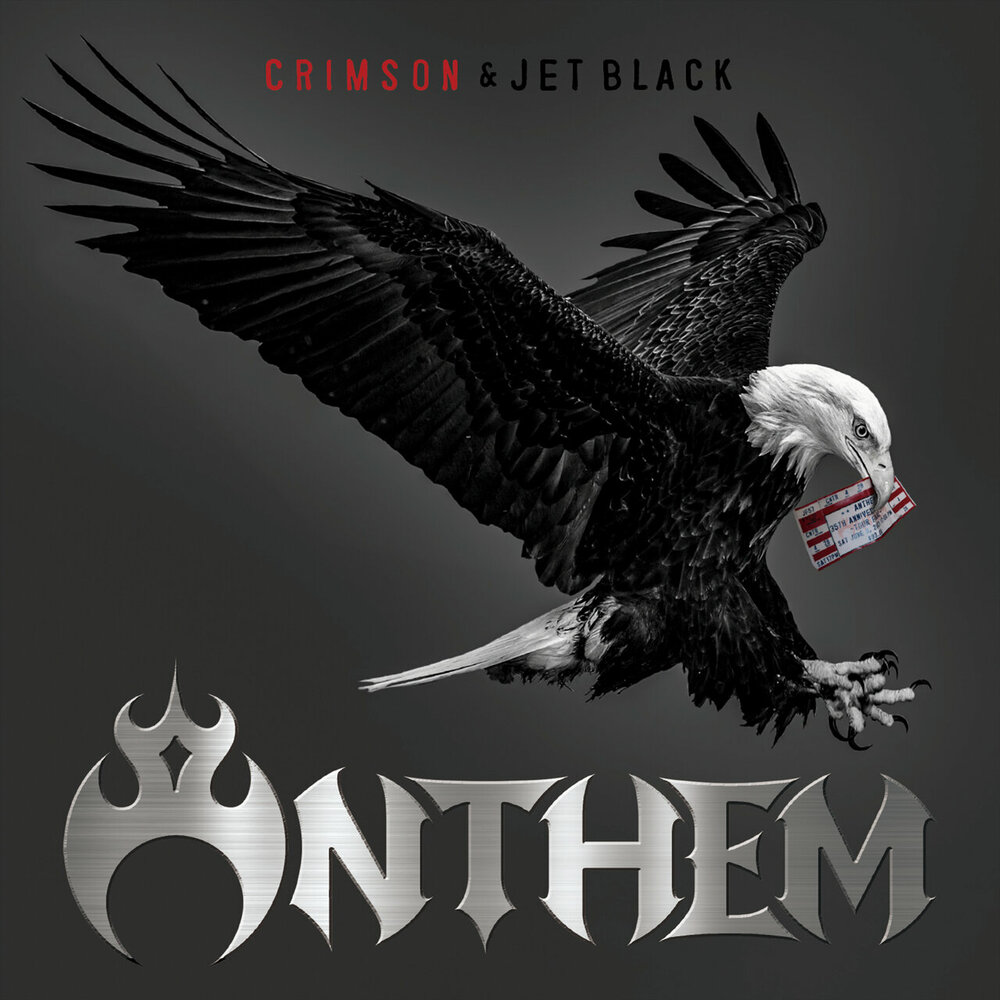 |
Country: UK
Style: Folk/Progressive Rock
Rating: 7/10
Release Date: 21 Apr 2023
Sites: Facebook | Instagram | Prog Archives | Twitter | Wikipedia | YouTube
Excepting the select few who study historical agriculture, the first response most people are going to have to the words "Jethro Tull" is likely to be "a rock band with a flute". Given that, it may be an excellent time to remind that this rock band with a flute have gone through a number of styles in a career that's now closer to sixty years than fifty. They started out playing jazz and blues, moved to rock, turned progressive, shifted back to folk, went commercial, heavied up and eventually turned back to folk but with more of a world perspective. All with a flute, sure, but also with the guitar of Martin Barre, who was a mainstay from their formation in 1967 to their split in 2012.
I mention that, because the newly reformed Jethro Tull, which featured an entirely new line-up in addition to main man Ian Anderson, does feature a guitarist but we often forget that, listening to the music. Last time out, on The Zealot Gene, released only one year ago, that was Florian Opahle, while here it's Joe Parrish, but both of them, as capable as they are, stay firmly in the background. As such, it's easy to think of this band less as Jethro Tull and more as Ian Anderson's current band. With that in mind, I'm happy to hear this album, especially so close on its predecessor's heels. The last time that Tull released two albums in consecutive years was 1979 and 1980.
RökFlöte is a nonsense word, of course, but it's there for a few reasons. For one, they remain rock with a flute, but there's also a pair of heavy metal umlauts to remind us of that Grammy they won instead of Metallica and there's a strong focus on Norse mythology, so this isn't so much RökFlöte, it's really RagnarökFlöte, which doesn't look as cool. The more I relisten, the more I hear Parrish's guitar, providing heavy but subdued backing to the songs, but Anderson's flute soars over them as if we're listening to a bird on the wing and everyone else in the band is the blurry landscape we're not seeing in the distance because of our narrow focus.
It's there solo as the female narration in a Norse tongue ends on the opening Voluspo. It's there in Ginnungagap, so much that it feels like the piece is going to be entirely a flute instrumental, with a little assistance from the guitar. When Anderson starts singing a minute a change in, it seems to be a little out of place. The same happens on Cornucopia, because it feels like a solo flute piece for a minute and a half until suddenly there are vocals. And the same applies on Guardian's Watch, an even more obvious instrumental, because it's a dance piece right out of folk music, but one that is channelled into vocal song sooner, only forty seconds or so in.
In short, it's there on a majority of these songs, as if it's keen to enforce that Jethro Tull are not a rock band with a flute,they're a rock band with a lead flute and that's a crucial distinction. Now, it sounds like I'm being negative here and I don't man to be. I'm not putting these songs down. I'm a number of repeat listens into this album and I'm still having a blast with it. It's just to point out the order of Anderson's focuses nowadays. It's flute first and foremost. Then it's on what used to be his primary role, as lead vocalist. Then it's on songwriting. A little further down the line, it's everyone else. And that's fine, as long as you know what you're getting.
However, it may be telling that my favourite songs here are the most playful ones, that hearken in aim back to the folk rock era of the band. On these, the flute is a Pied Piper of an instrument with a wink and a cheeky grin, eager for us to follow it who knows where. I'd probably pick The Feathered Consort as my favourite here, with Cornucopia behind it then Guardian's Watch and Trickster (And the Mistletoe). But some of the songs have touches that are playful, like Ithavoll, the outro with a fresh instance of our female narrator in Norse. Anderson duets with himself, one voice coming out of the left speaker and another the right. The song itself isn't up to the others I've mentioned but it's still alive.
And so I'm happy to hear this album, even so close to its predecessor, which is at once a better and worse album, depending on what you want to focus on. Ian Anderson was always one of the pivotal characters in rock music and he's continued to be unique for well over a half a century now. It's fair to say that this new Jethro Tull is pretty much entirely him, with no insult intended for the various other talented musicians involved, but he has the talent and the charm to swing it.


















